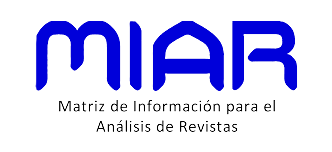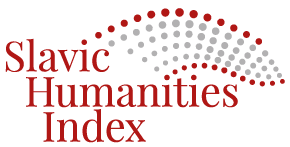TOWARDS PRACTICAL THINKING IN TEACHING / KA PRAKTIČNOME MIŠLJENJU U NASTAVI
MOTIVATIONAL CHALLENGES / MOTIVACIJSKI IZAZOVI
Keywords:
motivational challenges, teaching, practical thinking, successful intelligenceAbstract
This paper discusses motivational challenges to practical thinking in teaching as defined by Sternberg´s Theory of Successful Intelligence which, in a conceptual and empirical manner, carries a strong message on the role of various educational factors, especially the role of school/teaching in the nurturing and harmonious realization of human multipotentials of analytical, creative and practical thinking. Here practical thinking is viewed as an application of ideas and knowledge in different areas of human life and work, where, especially in relation to education, both teachers and students encounter various obstacles. What are those obstacles, or rather challenges, how can they be classified in order to simplify the potential priorities and ways to overcome them for the purpose of systematic encouragement of practical thinking in teaching? After examining 19 challenges proposed by the theory – brief descriptions, targeted skills, words and phrases of encouragement and examples for various educational courses, using a theoretical conceptual analysis based on the classification of psychological constructs to cognitive / intellectual abilities, personality (in the narrow sense) and cognitive (intellectual) styles, it was found that the most number of these challenges, 6 in total, can be more directly related to human motivation: (1) difficulties with self-motivation; (2) perseverance; (3) translating thoughts into action; (4) completing tasks; (5) accepting responsibility and (6) self-loading. By further analysis of this motivational area, it was found that the encouragement of students is the most common educational activity of teachers, in 22 out of 44 possible cases. However, some additional issues remain - conceptual communication/operationalisation with regard to the curricular language of learning outcomes and the connection with other educational and psychological taxonomies and models of human abilities such as Bloom’s and Guilford’s. Hopefully, these findings may be taken as additional incentives for teachers to develop their own method of teaching, especially creative didactic-methodical elaboration towards practical thinking as an essential component of successful intelligence.
Downloads
Downloads
Published
How to Cite
Issue
Section
License
Copyright (c) 2019 Journal of the Faculty of Philosophy in Sarajevo

This work is licensed under a Creative Commons Attribution-NonCommercial 4.0 International License.









